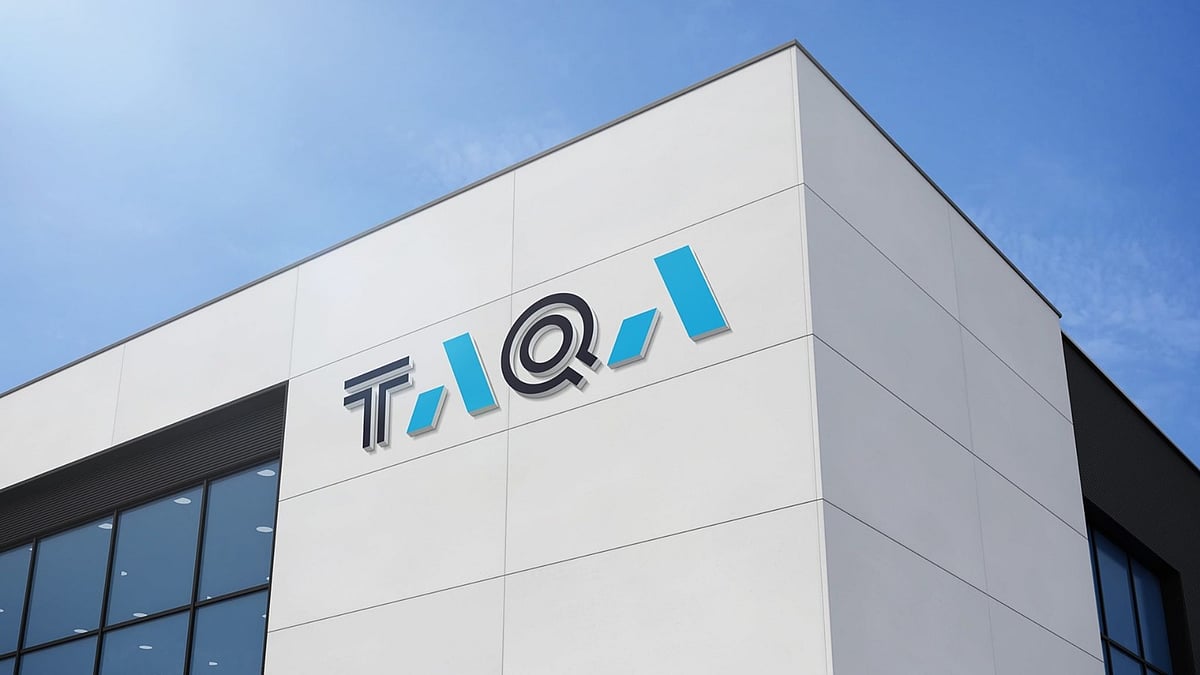TAQA Divests Indian Lignite Asset for Cleaner Energy Focus
Abu Dhabi National Energy Company, known as TAQA, has divested its lignite-fired power operations in India, signaling a strategic shift towards cleaner energy sources. This decision aligns with the company’s commitment to reducing carbon emissions and enhancing its portfolio of gas and renewable energy assets.
Details of the Sale
TAQA has sold its entire stake in TAQA Neyveli Power Company, which operates a 250-megawatt lignite plant in Tamil Nadu, to MEIL Energy Private Limited for ₹9.26 billion (approximately Dh387 million). This sale marks the end of TAQA’s involvement in lignite power generation in India, as the company aims to transition away from fossil fuels.
Commitment to Sustainability
This divestment is part of TAQA’s broader strategy to cut Scope 1 and Scope 2 emissions by 25% by 2030. The company plans to reinvest the proceeds from this sale into gas-fired generation and renewable energy projects, particularly through its partnership with Masdar. Farid Al Awlaqi, CEO of TAQA’s Generation business, emphasized that this move is a deliberate adjustment to their generation portfolio, aimed at fostering a more sustainable energy mix.
Expansion of Renewable Projects
Over the past year, TAQA has ramped up its project activities, including the addition of 1 gigawatt of gas-fired capacity in the UAE. The company is also involved in Masdar’s ambitious renewable project, which will feature the largest integrated solar and battery storage system capable of providing baseload power. In Saudi Arabia, TAQA has secured financing for cogeneration and combined-cycle gas projects totaling around 3.6 gigawatts.
In Morocco, TAQA is exploring opportunities to acquire existing combined-cycle plants and is pursuing new projects focused on low-carbon gas, renewable energy, and water infrastructure. The company’s gross capacity has surged from 21 gigawatts in 2020 to approximately 70 gigawatts as of September 2025, with a target of reaching 150 gigawatts by 2030, two-thirds of which will come from renewable sources through Masdar.
Future Outlook
The transaction with MEIL Energy is a significant step in TAQA’s long-term strategy to prioritize efficient energy assets, enhance energy security, and expand into markets that demand low-carbon technologies and grid-scale flexibility. This move reflects the company’s commitment to adapting to the evolving global energy landscape.
FAQs
What is TAQA’s recent divestment in India?
TAQA has sold its 100% stake in a 250-megawatt lignite plant in Tamil Nadu to MEIL Energy for ₹9.26 billion, marking its exit from lignite operations in India.
How does this sale align with TAQA’s sustainability goals?
The sale supports TAQA’s aim to reduce emissions by 25% by 2030 and allows the company to focus on gas-fired generation and renewable energy investments.
What are TAQA’s future plans following this sale?
TAQA plans to reinvest the proceeds into expanding its gas and renewable energy projects, targeting a gross capacity of 150 gigawatts by 2030, with a significant portion from renewable sources.
Conclusion
TAQA’s divestment from its Indian lignite asset is a strategic move towards a more sustainable energy future. By focusing on gas and renewable energy, the company aims to significantly reduce its carbon footprint and enhance its energy portfolio. As TAQA continues to expand its operations in low-carbon technologies, it is well-positioned to meet the demands of the evolving energy market.
The divestment from the lignite asset is part of a larger trend among energy companies worldwide to transition towards more sustainable practices. As global concerns about climate change intensify, many firms are reevaluating their portfolios to align with international climate agreements and national policies aimed at reducing greenhouse gas emissions. This shift is particularly evident in regions like the Middle East, where countries are investing heavily in renewable energy to diversify their economies away from oil dependency.
TAQA’s strategic focus on renewable energy and gas-fired generation reflects a broader industry movement towards cleaner energy solutions. The integration of advanced technologies in energy production, such as solar and battery storage systems, is becoming increasingly important for ensuring energy reliability and efficiency. By investing in these areas, TAQA not only aims to enhance its operational capabilities but also to contribute positively to the global energy transition, positioning itself as a leader in the sustainable energy sector.
Also Read:
SOUEAST UAE Opens New Showroom in Abu Dhabi







